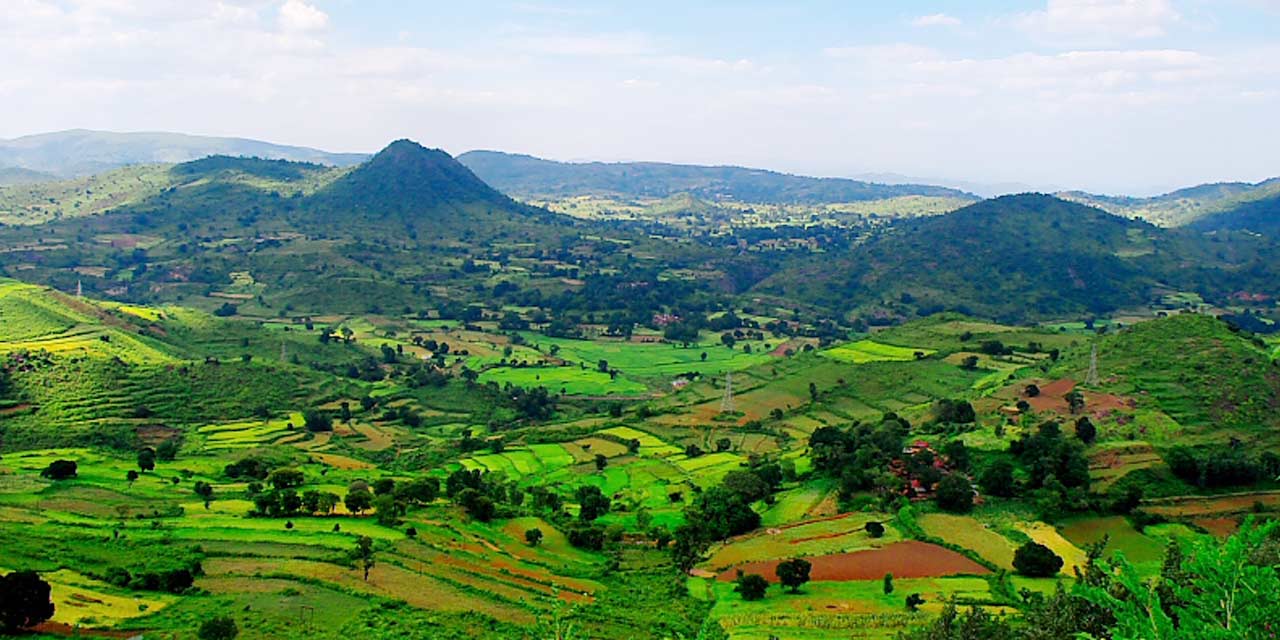Vijayawada
A complete tourist and cultural guide

Often called the “Business Capital of Andhra Pradesh,” is a vibrant city nestled on the banks of the Krishna River. Known for its rich cultural heritage, ancient temples, scenic hills, and bustling markets, the city offers a perfect mix of spirituality, history, and modern charm. From the iconic Kanaka Durga Temple to the serene Bhavani Island and nearby historic sites, Vijayawada is a destination that caters to both devotees and travelers seeking memorable experiences.
Wiki Link: Vijayawada
Must-Visit Attractions in Vijayawada
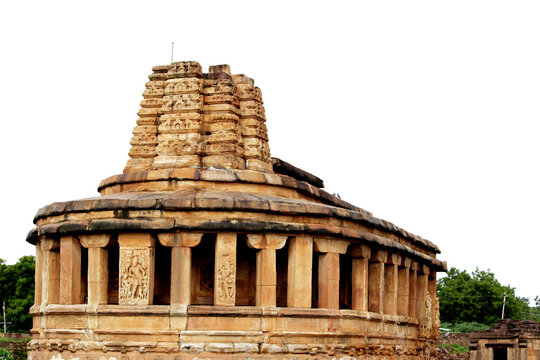
Kanaka Durga Temple
Perched atop Indrakeeladri Hill, Kanaka Durga Temple is one of the most revered shrines in Vijayawada.

Prakasam Barrage
Spanning the Krishna River, Prakasam Barrage is both an engineering marvel and a scenic attraction.

Bhavani Island
One of the largest river islands in India, Bhavani Island is a serene getaway within Vijayawada.

Victoria Museum (Bapu Museum)
Established during the British era, it houses an impressive collection of sculptures, paintings, and historical artifacts.
Major Attractions Nearby Vijayawada

Undavalli Caves
Carved out of solid sandstone, the Undavalli Caves are a 4th–5th century marvel showcasing Buddhist and Hindu architecture.

Amaravati Stupa
Once a major center of Buddhist learning, Amaravati is home to an ancient stupa and archeological treasures

Manginapudi Beach
A tranquil beach near Machilipatnam, Manginapudi is known for its black soil sand and natural beauty.

Kondapalli Fort
Dating back to the 14th century, Kondapalli Fort offers a glimpse into medieval history with its sturdy ramparts and panoramic views
Things to do in Vijayawada
From savoring local delicacies to enjoying riverfront activities, the city offers a blend of traditions and modern-day charm that leaves every traveler with lasting memories.

Attend the Kanaka Durga Temple Rituals
Participate in the daily rituals and special aartis. The chants, offerings, and divine atmosphere provide a deeply spiritual experience unique to Vijayawada.
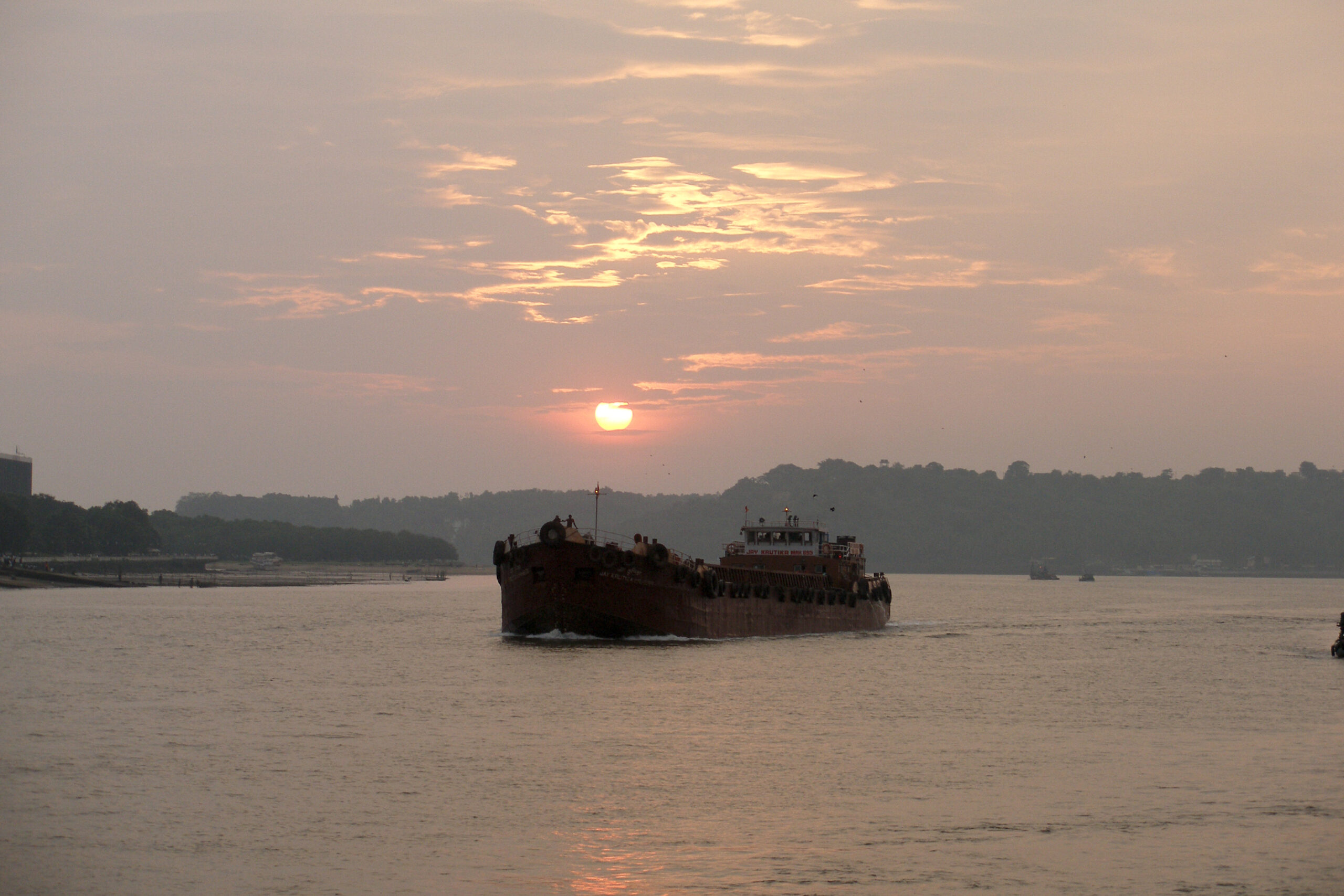
Enjoy a Krishna River Boat Ride
A boat ride is a refreshing way to see the city’s scenic charm. Whether it’s a peaceful evening cruise or an adventure ride to Bhavani Island.

Relish Vijayawada’s Spicy Cuisine
Fiery Andhra-style biryani, spicy curries, and street food delights. Food lovers can indulge in authentic local flavors that perfectly capture the city’s culinary heritage.
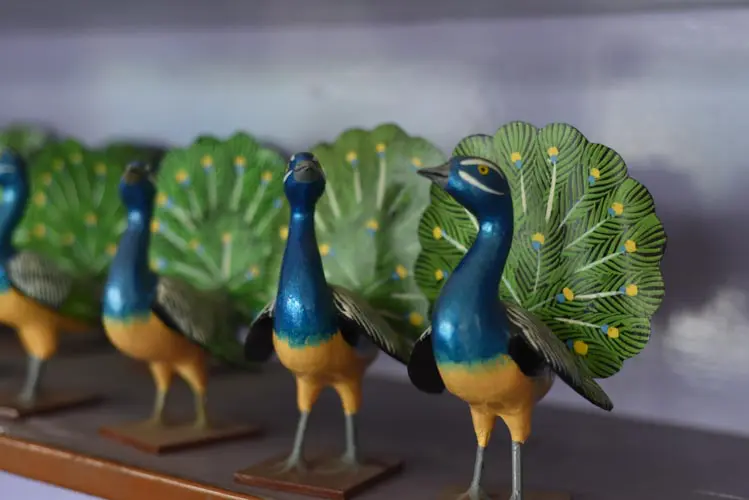
Shop for Kondapalli Toys
Explore the local markets to shop for Kondapalli toys, handlooms, and handicrafts. These colorful wooden toys and crafts make for unique souvenirs.
The Performing Art of Vijayawada
Deeply rooted in the cultural traditions of Andhra Pradesh and is known for preserving classical art forms while embracing folk expressions. The city is a vibrant hub for Kuchipudi dance, the state’s classical dance form that beautifully blends storytelling, rhythm, and expression. Kuchipudi, originating from a nearby village of the same name, often finds its stage in Vijayawada during cultural festivals and temple celebrations.
Carnatic music
Jangama Music
Dappu Folk Music
The state has a rich legacy in Carnatic classical music, with legendary composers like Annamacharya and Tyagaraja leaving an enduring influence. Classical compositions and devotional keerthanas remain central to Andhra’s cultural identity. Folk music is equally vibrant, with forms like Jaanapada Paatalu, Burra Katha songs, and Dappu folk drumming narrating stories of village life, heroism, and devotion.
Kuchipudi
Butta Bommalu
Veeranatyam
The birthplace of Kuchipudi, one of India’s most celebrated classical dance forms, blending graceful movements, expressive storytelling, and rhythmic footwork. It often depicts mythological tales and is performed on temple stages as well as global platforms. Alongside this, folk dances like Veeranatyam, Butta Bommalu, and Lambadi dance showcase the community spirit, religious devotion, and rural traditions of the state.

City Vibes - Timeless Spiritual Charm
Vijayawada exudes an aura of timeless spiritual charm that blends seamlessly with its bustling modern identity. The city’s soul is deeply rooted in devotion, with the Kanaka Durga Temple standing as a sacred beacon overlooking the Krishna River. Daily rituals, temple bells, and festival celebrations infuse the atmosphere with divine energy, making spirituality a way of life here.
Heritage of Vijayawada
Boasts a rich heritage shaped by dynasties, faith, and cultural traditions. The city’s history can be traced through landmarks like the Kanaka Durga Temple, the ancient Undavalli Caves, and the historic Prakasam Barrage, each narrating tales of devotion and architectural brilliance. As a hub along the Krishna River, Vijayawada has witnessed the rise of empires, the spread of Buddhism, and the growth of trade and culture. Its heritage is also reflected in vibrant festivals, traditional crafts like Kondapalli toys, and the enduring influence of nearby Amaravati’s Buddhist legacy. Together, these treasures make Vijayawada a living testament to Andhra Pradesh’s cultural and historical richness.

Cuisine of Vijayawada
A paradise for food lovers, offering a burst of flavors through its spicy Andhra cuisine.

Vijayawada Biryani
Famous for its fiery spices and rich flavors, Vijayawada biryani is a must-try for food enthusiasts
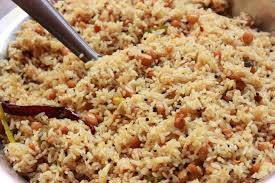
Pulihora
A staple in Andhra households, Pulihora blends tangy tamarind, green chilies, and curry leaves with rice.

Gongura Pachadi
This tangy and spicy chutney made with sorrel leaves is a signature Andhra delicacy.
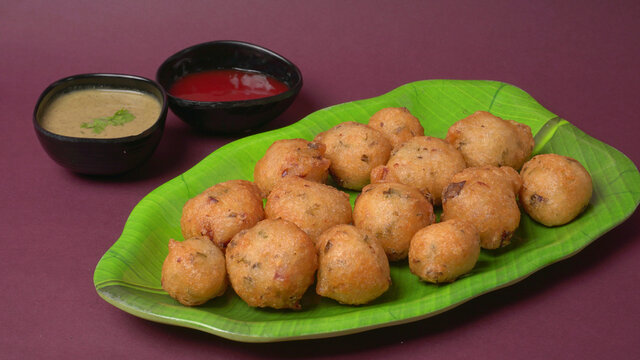
Punugulu
A popular street snack in Vijayawada, Punugulu are deep-fried dumplings made from dosa or idli batter.
Shopping in Vijayawada
Shopping in Vijayawada offers a vibrant mix of tradition and craftsmanship. From handloom sarees to iconic wooden toys, the city’s bustling bazaars reflect its cultural heritage.

Mangalagiri Sarees
Known for their fine cotton fabric and distinctive zari borders, Mangalagiri sarees are a shopper’s delight.
Kondapalli Toys
Crafted from softwood and painted in bright colors, Kondapalli toys are Vijayawada’s signature handicrafts

Andhra Pickles & Spices
Famous for its fiery Andhra pickles, especially gongura and mango varieties.

Local Handicraft
From painted fabrics to decorative items, these crafts highlight the artistic essence of Andhra Pradesh.
Tourist's Handbook
The best time to visit Vijayawada is during the winter months, from October to March, when the weather is pleasant and ideal for sightseeing. This season is perfect for temple visits, cultural exploration, and enjoying serene boat rides on the Krishna River. Festivals like Dasara at Kanaka Durga Temple in October add to the city’s spiritual charm.
It’s best to avoid visiting during peak summer (April to June) when temperatures soar above 40°C, and the monsoon season (July to September), which often brings heavy rainfall and humidity.
Stay Cautious at Temples & Crowds – Popular spots like Kanaka Durga Temple and Prakasam Barrage can get very crowded, especially during festivals. Keep your belongings secure and wear comfortable footwear.
Beware of Overcharging – Some auto drivers or vendors may quote higher prices to tourists. Always negotiate fares in advance or use trusted ride-booking apps.
Avoid Late-Night Isolated Areas – While the city is generally safe, it’s best to avoid secluded places after dark and stick to well-lit, busy streets.
Respect Local Traditions – Vijayawada has a strong spiritual culture. Dress modestly when visiting temples and avoid disrupting rituals.
Stay Hydrated Safely – Summers can be extremely hot. Carry bottled or filtered water and avoid street-side water to prevent health issues.
Convenient with a variety of transport options. Auto-rickshaws and cycle-rickshaws are the most common for short distances, while app-based cabs like Ola and Uber are reliable for longer trips within the city. For local exploration, city buses and shared autos offer budget-friendly travel.
A walk along MG Road and Besant Road is perfect to experience the city’s shopping and street food culture. To enjoy the scenic side of Vijayawada, a boat ride on the Krishna River or a trip to Bhavani Island is highly recommended. For nearby attractions like Amaravati or Kondapalli, it’s best to hire a taxi or use private transport.
Overpriced Boat Rides – For trips to Bhavani Island or river cruises, some operators may overcharge. Always negotiate rates in advance or book through trusted counters.
Fake Guides – Around temples and tourist spots, unlicensed guides may approach visitors. Use only authorized or hotel-recommended guides.
Priest Donation Scams – At Kanaka Durga Temple and other shrines, some priests may demand excessive “donations.” Agree on ritual charges beforehand.
Handloom & Saree Overpricing – Some shops may inflate prices of Mangalagiri sarees and handloom items. Compare prices or purchase from government-run emporiums.
Forced Shopping Stops – Taxi or auto drivers might take you to shops where they earn commission. Politely refuse and stick to your planned destinations.
Vijayawada Blogs
- Andhra Pradesh Cultural guide
- Places to visit in Vijayawada
- Places to visit nearby Vijayawada
- India’s most popular destination
- India’s archaeological marvels
Recommended articles
- Uttar Pradesh Cultural guide
- Places to visit in Varanasi
- Places to visit nearby Varanasi
- India’s most popular destination

